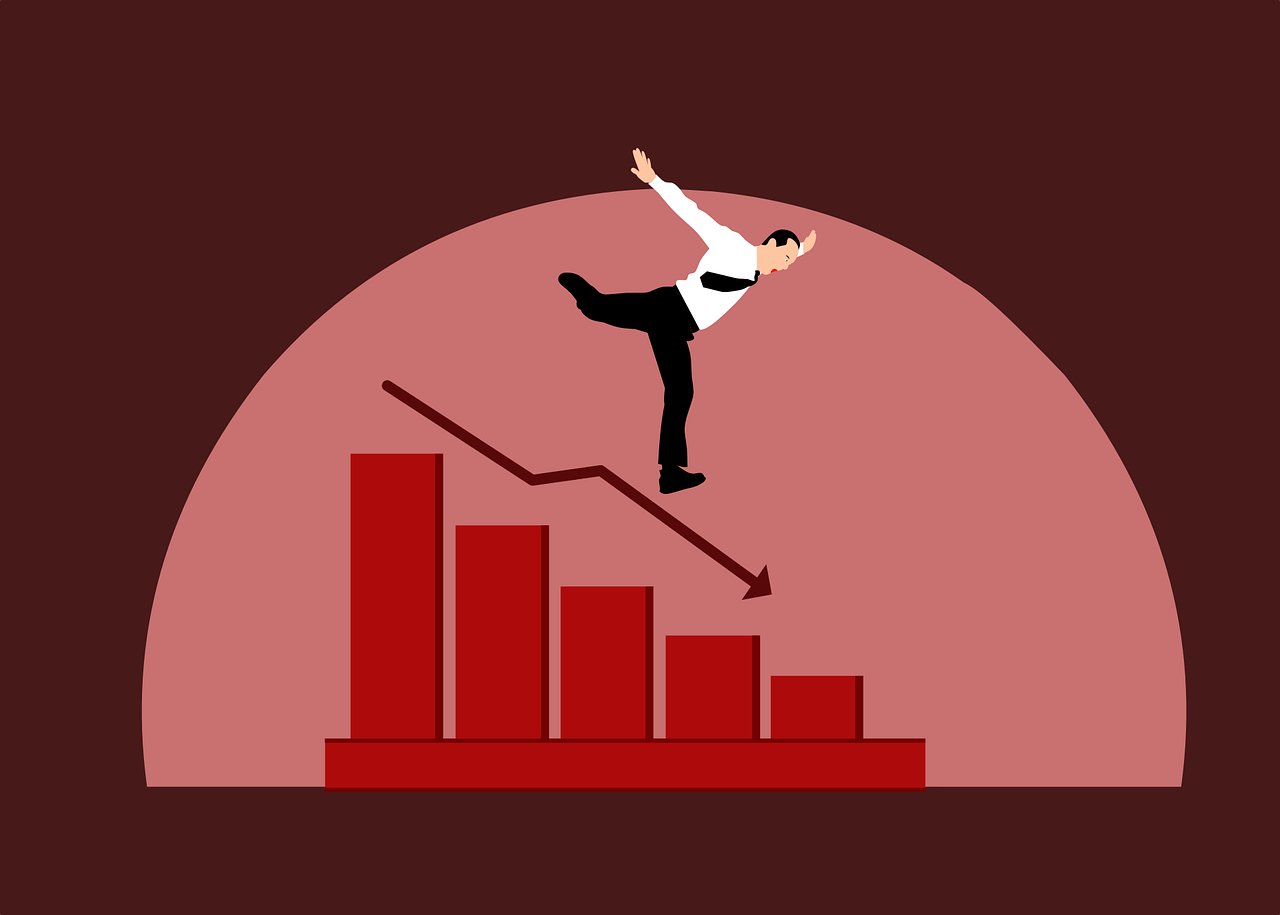 If my business fails what happens? This is the most typical question from business owners. If your business fails, you’re not alone, and it’s not the end of the world. In fact, many successful entrepreneurs faced failures before they found success.
Now it’s time to take a step back, assess the situation, and figure out your next steps. Starting a company is difficult. It requires a significant amount of time, effort, and money. But what to do when it fails? Here are some tips to help you get back on your feet.
If my business fails what happens? This is the most typical question from business owners. If your business fails, you’re not alone, and it’s not the end of the world. In fact, many successful entrepreneurs faced failures before they found success.
Now it’s time to take a step back, assess the situation, and figure out your next steps. Starting a company is difficult. It requires a significant amount of time, effort, and money. But what to do when it fails? Here are some tips to help you get back on your feet.
-
Figure Out What Went Wrong With Your Business
-
Simplify the Problem
-
Financial Recovery
-
Give Your Attention & Focus
-
Don’t Be Too Scary If Your Business Fails
-
Invest More Time and Effort into Managing Your Finances
-
Communicate With Your Clients
-
Make Sure You’re Not Personally Liable for the Actions of Your Company
-
Closing a Business





